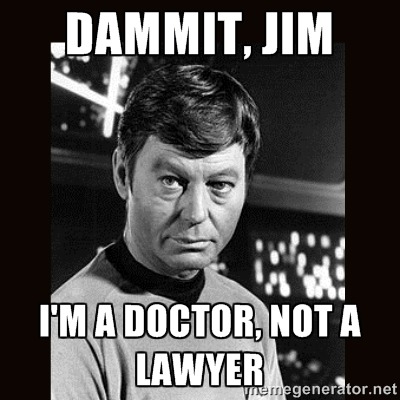
The Ontario Court of Appeal’s recent decision in Moore v. Getahun has wide-ranging implications across Canada for all parties who engage experts. We anticipate the decision being followed in Nova Scotia. It holds that while impartiality of experts is of critical importance in litigation, this does not require a ban on communication between experts and the lawyers who retain them.
In fact, lawyers play an important role in assisting experts to deliver a report that is intelligible and responsive to legal issues. Professional ethical considerations (on at least the lawyer’s side, and often on the expert’s side as well) already enforce the expectation of impartiality. Placing a gag order upon lawyers while hoping that the experts they hire will deliver a legally-intelligible opinion is neither practical nor in the interests of justice.
The case involved the retention of a medical expert in a case where a plaintiff had gone on to develop compartment syndrome following a wrist fracture sustained in a motorcycle accident. A lawsuit against the doctors involved in his care was brought, and an expert was retained by the plaintiff to critique the treatment he had received.
The trial judge held that (in view of certain changes to the Ontario Civil Procedure Rule 53.03) “counsel’s prior practice of reviewing draft reports should stop. Discussions or meetings between counsel and an expert to review and shape a draft expert report are no longer acceptable.” The trial judge also shut down the suggestion in the 2002 Nova Scotia decision in Flinn v. McFarland that issues such as counsel’s input ought to go to weight. Instead, she completely dismissed the practice as “improper” and “undermin[ing] both the purpose of [the Rule] as well as the expert’s credibility and neutrality”.
The trial decision sent shock waves throughout the Ontario Bar, and the Canadian Bar. Several intervenors, including Canadian Defence Lawyers, The Criminal Lawyers’ Association, and The Advocates’ Society, participated in the appeal. While the ultimate result of the case was unaltered upon appeal, an important precedent was delivered. It was the Ontario Court of Appeal’s view that the regular, ethical practice when dealing with experts need not be abandoned.
